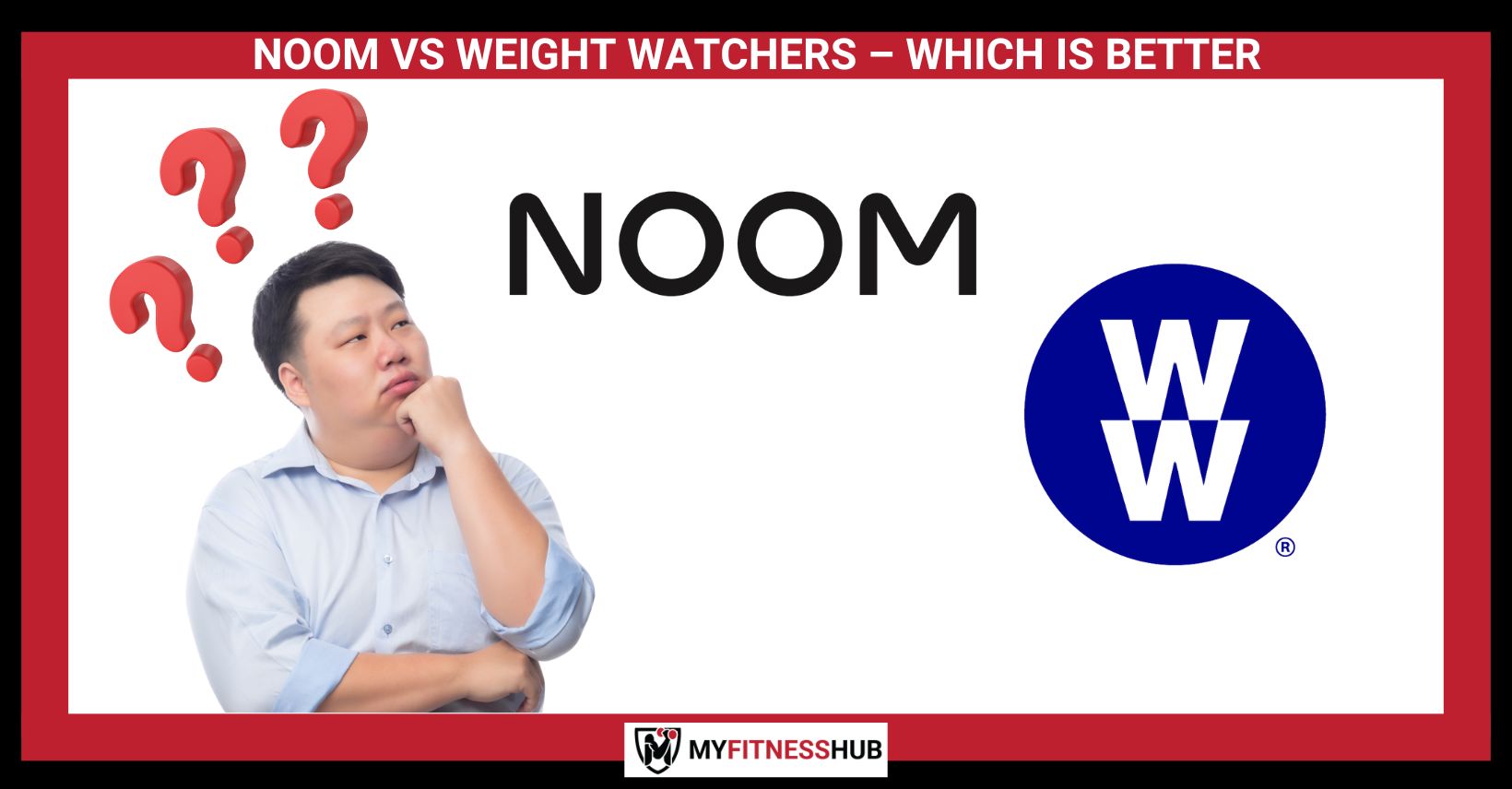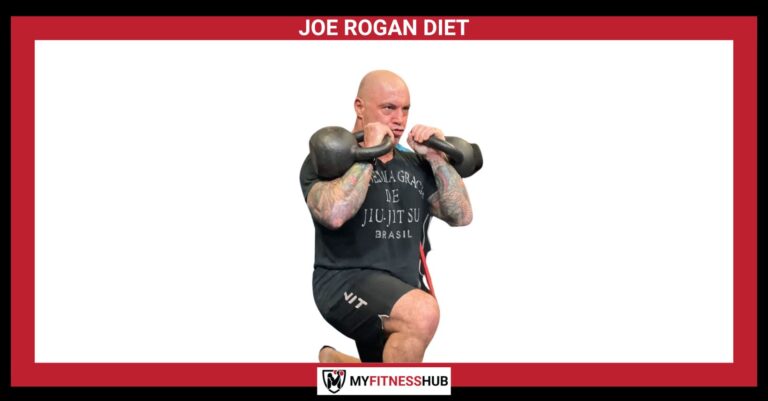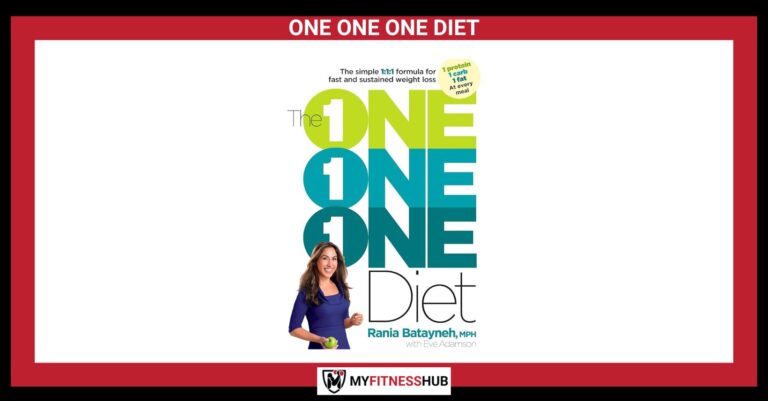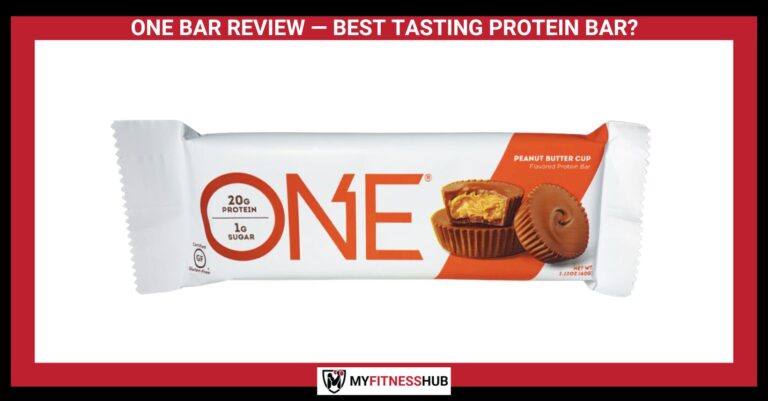NOOM VS WEIGHT WATCHERS – WHICH IS BETTER?
Most people have heard of Weight Watchers (now named WW International), but there’s a similar dieting-focused group that’s been slowly building itself up in recent years – Noom. Both companies offer excellent programs and plans that help you lose weight in a natural, controlled and risk-free way, but how exactly do they compare?
And more importantly, which one is better?
WHAT IS NOOM?
Noom is a globally accessible weight-loss and dieting app that offers a really in-depth planning service and a range of additional features and tools. It avoids “fad diets” and other techniques that can be harmful to your health and long-term happiness. Instead, it focuses on the psychological elements of losing weight: the parts you can’t easily cheat or avoid.
The service as a whole is aimed at millennials, and is geared towards helping its users make choices that make real, physical and visible changes to their lifestyle, rather than just setting up a schedule or meal plan that you’ll probably end up ignoring after the first couple of days. This can be things like scanning barcodes to automatically track what you’re buying and eating, or keeping a database of your blood pressure and blood sugar levels.
HOW DOES NOOM WORK?
Since Noom offers multiple different features, it’s hard to group them all together as a single object, so I’ll try to cover them separately as best I can.
First of all, the main purpose of the app is to help you fool your body into breaking unhealthy diets and sticking with healthy ones, usually with the help of one of their online coaches and advisors. When you start the app for the first time, you’ll be given a short questionnaire that helps them understand your existing lifestyle habits and the day-to-day challenges or problems you might face: even something as small as knowing you spend most of the day sitting down can completely change the kind of advice they’re able to give, so it’s important to answer as truthfully as you can.
Then, you’ll be assigned to one of their coaches and provided with some basic meal recommendations and some advice to get you started, as well as full access to all of their tracking and health management tools. As you start to use them more, you’ll get given more precise advice and recommendations, tailored to your lifestyle and eating habits. Unlike a lot of services, you aren’t just being told to “eat less fat” or “cut down on sugar”, and you’re actually being shown easy-to-understand tips that you can easily integrate into your existing diet.
Due to the presence of real, human coaches, you can also ask questions directly—this makes it much easier to get good advice if you have other restrictions on what you can eat, like food allergies or a certain food budget that you won’t want to exceed.
Overall, Noom is based on reducing the amount of calories you eat, rather than just limiting you towards “healthy” foods in every situation. For example, if you’re not a fan of salads, you don’t have to eat them, and the coaches at Noom will find something else that can cut down your calories without forcing you into a diet you don’t enjoy.
WHAT’S THE PRICING MODEL LIKE?
At the moment, Noom goes for around $199 per year at the cheapest option, with a 14-day free trial available to start with. While this might sound like a lot on paper, remember that you’re getting advice specifically tailored towards your lifestyle and eating routine – this isn’t just an app that regulates your food intake, but one that’s actively designed to help you personally change your meal habits in the long-term. The app itself also doesn’t cost anything to actually install, and there are no hidden extra costs blocking you off from certain features that you need to make it worthwhile.
Even then, compared to other high-profile services, this is still a relatively average price for a personal food coach, and the addition of the extra tracking tools definitely help soften the blow to your wallet.
HOW DOES IT COMPARE TO WEIGHT WATCHERS?
Most people who’ve tried dieting know Weight Watchers, even if they haven’t used their services themselves. Weight Watchers focuses on losing weight in a different way, though – unlike Noom, it’s based around the idea of switching to healthier meals altogether, and changing the kind of food you eat in day-to-day life.
A Weight Watchers diet and a Noom diet won’t be exactly the same, and they’ll focus on different methods of losing weight. Hence, they aren’t simply the same service dressed up in a different shell – there’s actually quite a lot to compare between the two, especially from the perspective of somebody who’s looking to lose weight as soon as possible.
PRICE
While Noom is more expensive in-the-moment compared to Weight Watchers, that doesn’t mean that it’s not worth the money. Keep in mind that the Weight Watchers is a paid tool on certain platforms, whereas Noom’s is entirely free to download. At $69 per month, Noom is definitely behind on a single-month basis compared to Weight Watchers’ $54.95 price tag – however, Noom’s discounts make it far cheaper if you’re signing up for multiple months (or even a whole year) at once.
However, the value of something is entirely down to the user, so it’s hard to really say which is worth its asking price more than the other. Noom brings in personal advisors and coaches who can keep your eating habits on track. This is much more hands-on and immediate than Weight Watcher’s self-managed programs, which may make it worth the extra handful of dollars per month.
However, this really comes down to what you personally find useful in a weight loss program, since not everybody finds all weight loss techniques useful.
SIMPLICITY
Unless you’re really dedicated to losing weight, you won’t want it to interfere with your normal day-to-day schedule, so simplicity and ease of use are always important. Weight Watchers often falls short in this area since many users have reported issues with building proper meal plans through the app. The app often won’t even recognize barcodes properly, inputting completely unrelated products.
On the other hand, when you’re trying to make a Noom meal plan, you can easily re-add items you’ve already scanned, and the app will try to learn from your regular diet to ensure that they’re always easily accessible from its tracking menus. There’s been a lot of positive feedback and reviews about this. Even if you eat food that doesn’t have barcodes, you can get suggestions from your coach about how often you should eat it, or what you could do to make it a healthier meal the next time around.
The tracking features on both apps are relatively similar in terms of complexity, so it’s just a matter of personal preference.
THE COACH SERVICE
Both companies offer the option of having a personally assigned diet coach, but while it’s just a small part of Weight Watchers’ overall services, Noom is practically built around the idea. While it would be unfair (not to mention difficult) to compare the quality of the individual coaches, it’s worth mentioning that Noom seems to be one of the first apps to provide this level of connectivity with another human being.
Since Weight Watchers isn’t as focused on this service, it doesn’t offer as much support, which can lead to the quality suffering a little more compared to Noom, which puts a lot of effort into making the coaching experience as useful and accessible as possible.
TRACKING TOOLS
The tracking tools themselves are a large part of both apps, but they’re designed to track different things. Weight Watchers uses it’s well-known “points” system that regulates certain types of food and drinks to different amounts of points, which is intended to be easier to grasp and calculate without having to log the exact calories you’ve eaten after every meal. This is definitely true, and it’s one of the strong points in Weight Watchers’ favor, but not everybody finds this kind of condensed tracking system very useful.
A standard Noom meal plan will be based around the number of calories you’ve eaten, with every piece of food you scan or add contributing to your calorie count. This definitely isn’t as simplified as the points system, but it’s also much more honest about what you’ve eaten, and shows you exactly how close you are to your total recommended amount of calories.
In a strange way, this also becomes useful for people who end up eating too little food – rather than telling you to remain under a certain number of points, Noom actually shows you how much you’ve eaten relative to the recommended amount, so you won’t accidentally starve yourself when you’re trying to cut down on your calorie intake.
SOME QUICK QUESTIONS
Are Noom and Weight Watchers both safe to use?
Both apps are completely safe and don’t suggest anything harmful, as long as you’re aware of your own allergies or intolerances. All of the coaching comes from people with experience in natural weight loss.
Do they help with exercise?
While they’re not directly designed as exercise planners, you can definitely use Noom to help track the calories you’re eating compared the amount you’re burning. Weight Watchers is more geared towards diet management, and won’t be as useful if you’re trying to track the effect of an exercise routine.
Does Noom work?
It’s understandable to be skeptical of a less-famous service, especially when it’s something that’s meant to help with your personal health and dieting plans, but Noom has received a lot of positive reviews over the years. It works just as well as any other natural dieting service.
Why are you calling Noom “natural”?
Noom is technically a completely natural service in the sense that it doesn’t pressure you to use any kind of weight-loss tablets or artificial additives: it’s simply suggesting a better set of food that’s tailored towards your existing eating habits and requirements, rather than trying to make you eat and drink things that you normally wouldn’t.
Which is better?
While it’s not fair to say that one service is overall better than the other, Noom is definitely a more modern service that’s focused on a more modern method of losing weight, compared to Weight Watcher’s more conventional “eat healthy foods” mentality. Suppose you’re the kind of person who wants to keep their current lifestyle and diet without gaining an unhealthy amount of weight. In that case, the cost of Noom is definitely worth the asking price, especially if you’re a busy person who doesn’t have time to calculate everything on a sheet of paper.







